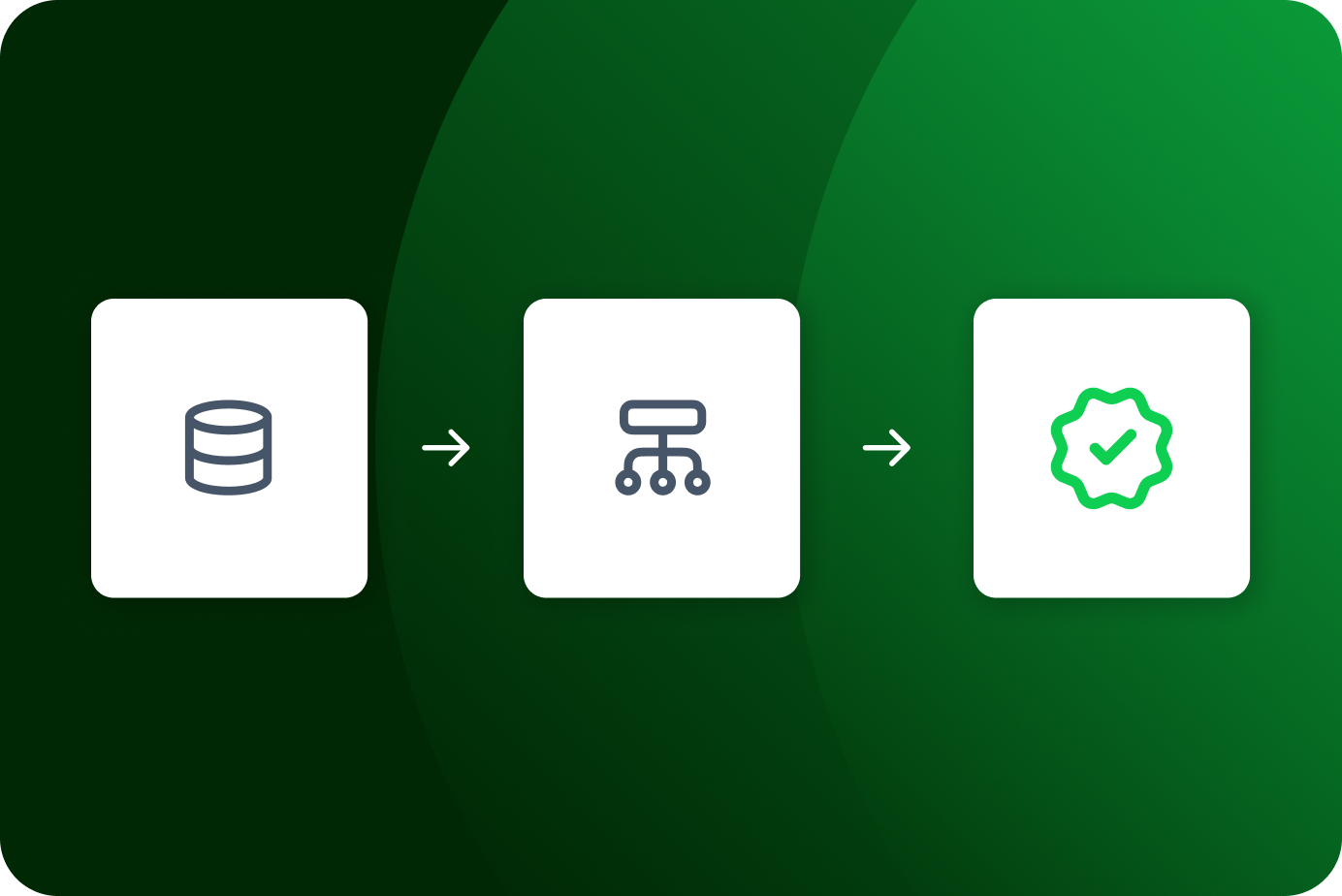Pave is pleased to announce its Series B financing led by Y Combinator Continuity with participation from Andreessen Horowitz, Bessemer Venture Partners, and others. Ali Rowghani will join Pave’s board of directors.
Pave’s core belief is that every company has a duty to use real-time salary and equity benchmarks to price all compensation packages and offer letters.
Starting today, Pave is officially making its real-time compensation benchmarking data 100% free for all companies who join. You can sign up here to join the 900 companies who already leverage Pave’s data to ensure they have a seamless pulse of the market.
We live in a world where cars now drive themselves and civilians can buy a ticket to take a vacation to Outer Space.
But compensation benchmarking?
Benchmarking has not changed since the 90s.
Compensation surveys sponsored by slow-moving incumbents have leveraged the same spreadsheet-driven, offline processes since Windows 95 was sold for the very first time.
The Status Quo of Benchmarking Data
In December of last year, I wrote about how compensation benchmarking is stuck in the dark ages. As you may recall, it boils down to three key reasons:
Reason 1: Painfully manual and recurring uploads.
Every time a company wants to partake in a compensation survey, it must perform a nightmarishly meticulous set of processes to collect, level, and anonymize all employees’ compensation data.
Reason 2: Inherent Inaccuracies
We all try our best to answer surveys 100% accurately. I have no doubt! We all want the market data to be accurate.
But the flaws of a manual, spreadsheet-powered survey are beyond our control.
Reason 3: Stale and Subpar Market Data
By the time a company receives a static “Compensation Survey Results” report, it is already looking back in time. Sometimes six months, and often longer.
And don’t even get me started about how compensation surveys neglect the most timely post-Covid-lockdown consideration of all—how to compensate remote and hybrid workers.
Old-school surveys are simply left behind in the dark ages.
So What Changed?
Over the past years, three monumental forces have unleashed the gilded age of compensation innovation.
Force 1: A new data foundation.
Over the past five to ten years, compensation data has become structured, online, and readily available for secure distribution in a way that was never previously possible.
Candidates’ offers are now tracked accurately in ATS systems.
Employees’ salaries, bonuses, and commissions are now tracked in online HRIS and Payroll systems.
And stakeholder ownership spreadsheets have been replaced by structured Cap Table systems.
Not every “modern” system has an API (yet), but they are trying.
Force 2: Covid has provided the activation energy needed to dismantle the old-school surveys.
Covid has triggered the single largest labor market flux we will likely ever see in our lifetimes.
The Black Swan market crash and layoffs of March 2020 shocked the world. And now, we somehow have entered the most competitive labor market in the modern era.
In 2019, before Covid, old-school compensation surveys were a nuisance but one that employers begrudgingly accepted as the best-available-option.
Now, in 2021, old-school surveys simply do not stay even remotely in-tune with the rapidly changing, Covid-impacted markets.
Force 3: A shift in employees' desire to work for companies that are transparent and fair with compensation.
Candidates and employees are no longer content with opaque offer letters and hand-wavy answers to questions about their equity grants.
The Pave Benchmarking Big Bet
In December of 2020 when we announced our Series A, we kicked off our real-time benchmarking project with 5 VCs: a16z, Bessemer, Redpoint, YC, and NEA.
The market need was clear. That was not the challenge...
...companies yearned for an online compensation benchmarking experience. A simple flow to integrate their HR systems with a one-time, one-click process that would unlock a persistent, real-time compensation benchmarking portal.
Rather, the challenge was about solving the chicken-or-egg data network problem. The dreaded cold-start.
A data co-op driven network is only as valuable as the number of nodes in that network. And in this much-needed compensation data network, no entity currently had all the pieces to the puzzle.
No one existing provider alone has enough data to be the end-all of datasets.
A payroll company may have ample salary market data, but it is missing the equity story.
And so, we built integrations with nearly every mainstream system in the market that housed compensation-related data. API or no API, we found a way, just like Plaid famously did with the banks.
Greenhouse, Gusto. Sapling, Shareworks. Captable.io, Carta. You name it.
But, it was still a bet. A big bet.
We could build all the integrations in the world, but it wouldn’t mean anything if we couldn’t convince enough companies to trust Pave.
Still, it was a bet worth taking. The prize? An online network of compensation benchmarking truth.
And so, on December 3 of 2020, we launched with a simple call to the market:
Integrate your systems with Pave. Never fill out a comp survey again, and get free data for the rest of your life.
We will release the results in 2021 once enough companies have joined alongside you..
The existential question that kept us up over Christmas had been written out explicitly to the world.
Would enough companies join the movement so that we could release a market portal in 2021?
Well, here we are. 8 months later.
And I am delighted to report that the answer is a resounding yes.
So far, 900 companies—accounting for over 65,000 employee data points—have opted into Pave’s benchmarking network.
The world of online, real-time compensation benchmarking has been unlocked.
Let The Data Be Free!
Today marks the end of the compensation dark ages.
Compensation benchmarking data is now collected and distributed with online, API-powered workflows architected by Pave’s best engineers.
But this is just the start. I will not personally take my foot off the gas until every single offer is priced with real-time, Pave market data.
And so, I can think of no better way to welcome all employers to the online compensation era than to remove the last major hurdle of friction...
It brings me great pride to officially announce that Pave’s compensation benchmarking data is now 100% free for all companies.
Price should not be a hurdle to understanding how much to pay your people. It is a basic human right, and all companies have a duty to leverage best-in-class benchmarking data to compensate fairly.
Welcome to the future of compensation.

Matt Schulman is CEO and founder of Pave, the complete platform for Total Rewards professionals. Prior to Pave, he was a software engineer at Facebook focusing on user-centric mobile experiences. A self-proclaimed "comp nerd," Matt is known for sharing data-driven thought leadership around all things compensation and personal finance.
.avif)







